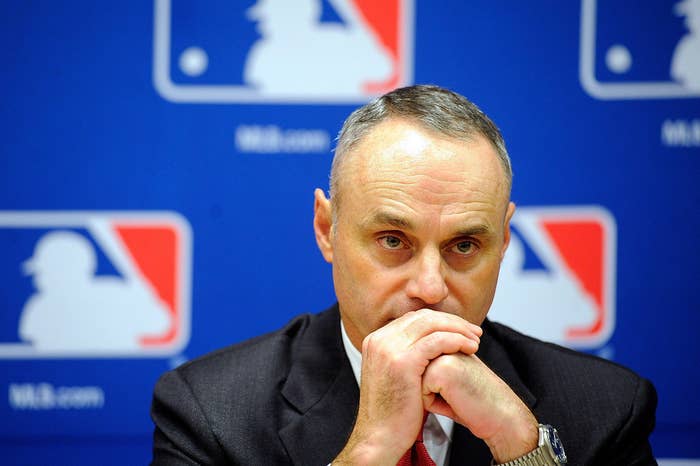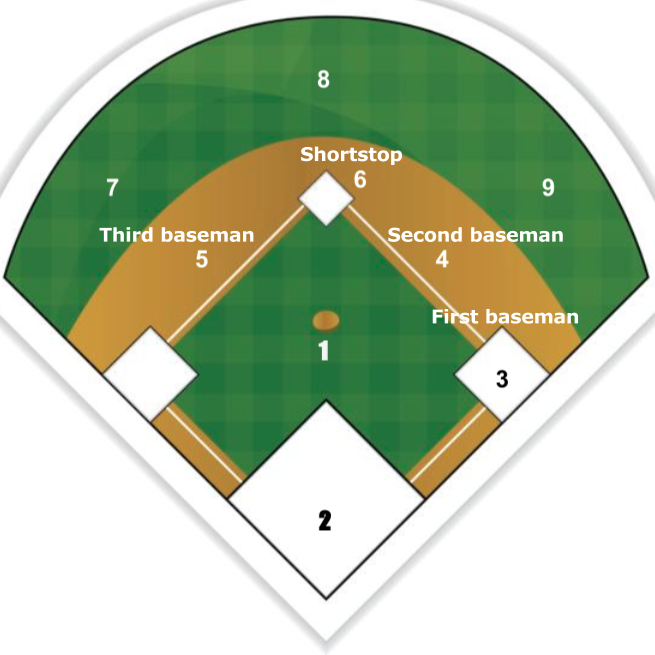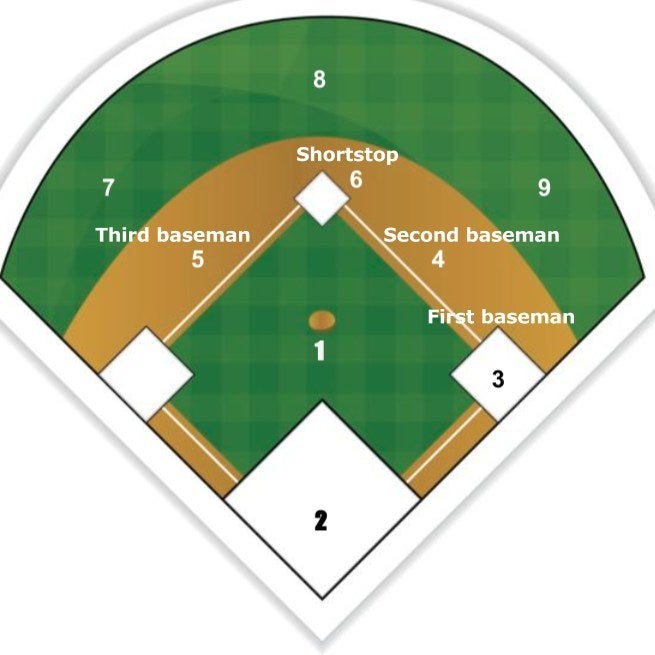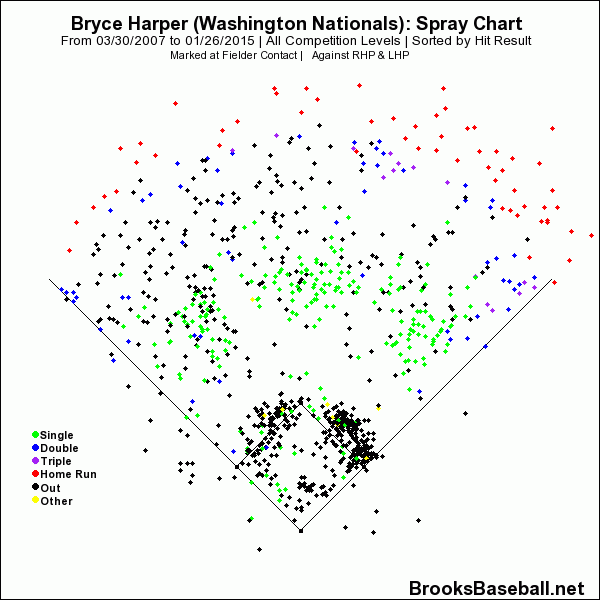Meet Rob Manfred, baseball's tenth commissioner. Manfred takes the helm from Bud Selig, who retired after 22 years in charge of the game.

Manfred had been Selig's right-hand man through much of Selig's tenure. He assisted the former commissioner with the campaign against steroids and the recent Biogenesis scandal that lead to Alex Rodriguez's suspension.
Rob Manfred's biggest initiatives for his time as commissioner are simple, important, and well-intentioned:
• Make the pace of games quicker and make games shorter.
• Bolster youth involvement in baseball to grow a new generation of fans and increase diversity in the sport.
• Guide it back toward being a game focused on offense, which Manfred believes will be more exciting to casual fans.
Yesterday, on ESPN, Manfred shared some of his thoughts on how to make America's favorite pastime more appealing to younger audiences:
In the clip, Manfred says he will look into eliminating a strategic tactic known as the defensive shift.


The infield shift is a defensive strategy that's been implemented with increasing frequency in the modern era, largely due to the rising popularity of teams using advanced statistics to help earn wins.
Teams call for the defensive shift when a left-handed batter comes to the plate during an especially important moment in the game. Below are Bryce Harper's "spray charts," which show his habits as a hitter:


The densest clumps of black and lime green, respectively, show where balls are likely to land when Harper makes contact, and how often they result in outs. If the pitching team were in a spot where they must protect a lead (up by 1-2 runs, particularly in late innings), leaving a left-handed batter like Harper with an enormous gap in the infield would be flirting with chaos.
However, new commissioner Manfred believes that by disallowing the use of defensive shifts, the game would become more competitive and exciting. The thinking is simple: More hits equals more runs and more fun.
Baseball fanatics, of course, are not too pleased with the new commissioner's initiative. Banning the defensive shift might in fact prompt more action and excitement, but at the cost of forward thinking. Writer Wendy Thurm pointed out on Twitter that Manfred could help make baseball more appealing to a younger crowd by making game broadcasts more accessible (games are often blacked out regionally or not given ideal broadcast slots). Altering the playing style of the game before attempting any other means dooms Manfred's proposal to become instantly unpopular amongst pundits.
But the small fraction of baseball fanatics who go so far as to have opinions about where infielders stand during any particular at bat are not Manfred's target. His priority is to the bulk of fans who are more casual, and who make up the largest portion of baseball's middling television ratings. World Series ratings are in a consistent, and embarrassing, decline, and it's Manfred's job to cultivate public interest.
Manfred's plans to quicken the pace of game and get more kids involved in playing the game aim to build an exciting game for a passionate fanbase.
There have been discussions of introducing pitch clocks to the game, which would be the baseball equivalent of a shot clock in basketball or play clock in football. There is already a rule that pitchers may only have twelve seconds between pitches, but it's never enforced and pitchers average around twenty seconds between throws. Letting the clock run out would result in a ball being added to the count.
On youth involvement, Manfred told ESPN:
Our product is compelling when we have the best possible athletes on the field. You do that by making sure the best athletes start and continue to play the game for as long as possible when they're kids. A subsidiary benefit to youth participation is that our studies show a major determinant of fan affinity is when somebody played as a kid.
